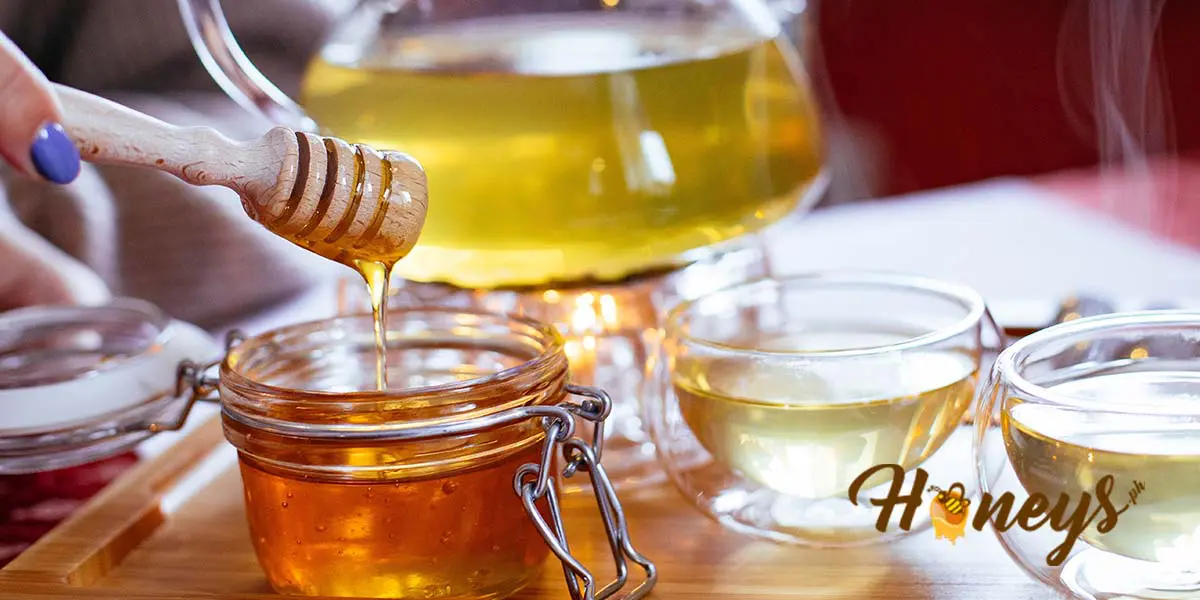
What is Raw, Pure, and Adulterated Honey?
Honey is an amazing substance produced by bees. It does not only tastes good but is also remarkably good for our health and beauty. Besides its nutritional content, it is also rich in enzymes, antioxidants, amino acids, and has antiseptic, and healing properties. But not all honey is equal, its characteristics make each one unique. That’s why we should know the difference between raw and pure honey.
So how do we recognize real honey vs fake honey? Some companies have taken liberties, such that those sold in the supermarket are a far cry from natural honey. A good number are now chock-full of fillers and corn syrup. Understandably, we don’t want to be ripped off, and just want the best for the people we love.
Read the article “Fake Honey Brands in the Philippines” and “Honey Prices in the Philippines“, it will also help in recognizing real honey vs. fake honey.
What is Raw Honey?
Raw honey. It is honey that is almost exactly what is in the honeycombs. It should not be excessively filtered or heated above 118°F or 47.8°C. Raw honey should contain pollen, enzymes, and other micronutrients. These desirable characteristics are usually filtered out or destroyed by heat.
Heating and filtration of the honey will hinder crystallization. What is usually termed as raw honey, still goes through light filtering to remove chunks of wax, leaving the pollen nearly untouched. It is also heated but never reaching sterilization temperatures, to maintain its natural flavor and its smooth and creamy texture.
What is Pure Honey?
Pure honey. Nowadays, many of the honey sold in the supermarket is not really pure or natural honey. Sadly, several companies who claim to sell “pure” or “natural” honey, are really selling fake honey. Due to the demand for pure honey, many companies have resorted to selling fake honey. That is why it is important to learn the different ways to check pure honey. You could end up buying artificial products!
Pure honey is an all-natural sweet substance produced by honeybees from the nectar of plants. Obviously, it should come from bees, and not from a factory. Knowing the original source of your honey can help you distinguish if it is real or fake. Naturally, no honey is produced from highly urbanized areas. So before buying that honey, better read the label to know where it comes from.
You can also tell if honey is fake based on its appearance. Fake honey is sticky because it has plenty of sweeteners and additives. It has a light color and thin consistency. It is more liquid and easily moves inside the bottle. Also, you know the honey is pure if you see some impurities, such as pollen or tiny bits of the beehive.
What is Unadulterated Honey?
Unadulterated Honey. Seemingly authentic honey, labeled “raw” and “pure” have been found to be “corrupted” or adulterated when tested. It is disappointing when “trustworthy” sellers are actually selling imported “cheap honey.” Some feed their bees “sugar water” to speed up production. This makes the honey almost worthless when used for medicinal purposes.
Unadulterated honey should have no added glucose, dextrose, molasses, sugar syrup, invert sugar, flour, corn syrup, or starch. Nor should it be added with high fructose corn syrup and other artificial sweeteners. Even more important, pure honey should not be mixed with pasteurized honey from other sources, or diluted with water!
Honeys.PH only sells raw and pure honey!
And no, we are not jumping on the latest health trend to get you to buy our honey. Raw and pure honey is something natural and almost forgotten from the past. It is what our great grandparents used to consume before many companies degraded it to extend shelf-life or to lower prices.
-
Mt. Apo Honey 1 Liter₱ 1,250.00
-
Product on saleMt. Apo Honey 250ML (Square Type Bottle)Original price was: ₱ 300.00.₱ 250.00Current price is: ₱ 250.00.
-
Mt. Apo Honey 1 Gallon₱ 2,800.00
-
Mt. Apo Honey 350mL (Fliptop Bottle)₱ 450.00
-
Buy Mt. Apo Honey, Get Calamansi Juice Concentrate₱ 889.00 – ₱ 1,089.00
-
Product on saleMt. Apo Honey 250mL (6 Bottles, Bulk Package)Original price was: ₱ 2,000.00.₱ 1,600.00Current price is: ₱ 1,600.00.
-
Honey King
-
Product on saleCalamansi with Blue Ternate + Pure Honey Juice Concentrate₱ 560.00 – ₱ 1,020.00
-
Product on saleMt. Apo Honey 350mL (24 Fliptop Bottles, Reseller Package)Original price was: ₱ 10,800.00.₱ 8,600.00Current price is: ₱ 8,600.00.
If you want to enjoy the health benefits of authentic honey, you must consider quality instead of going for the cheapest option. This is because raw honey has extra health benefits compared to over-processed honey. Because of this, we sell only organic and natural honey. This is to keep you from wasting your money on fake, sugar syrup-filled honey products that are proliferating in the market today.
IMMUNE SYSTEM WARNING:
Do not feed honey to infants under one year of age or those with a compromised immune system.
Share this content
This Post Has One Comment
Leave a Reply
You must be logged in to post a comment.

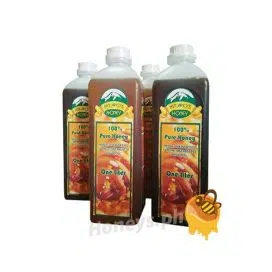

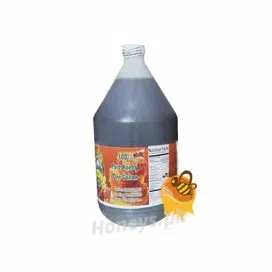

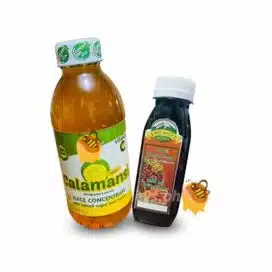

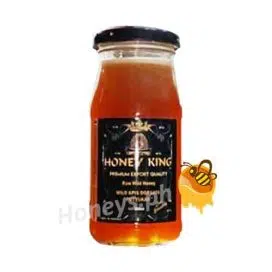
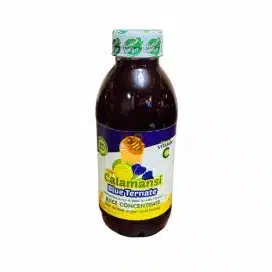
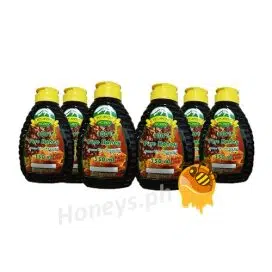
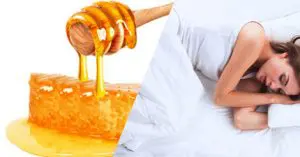







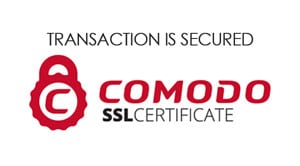
Pingback: 15 Health and Beauty Benefits from Raw Honey - Honeys.PH